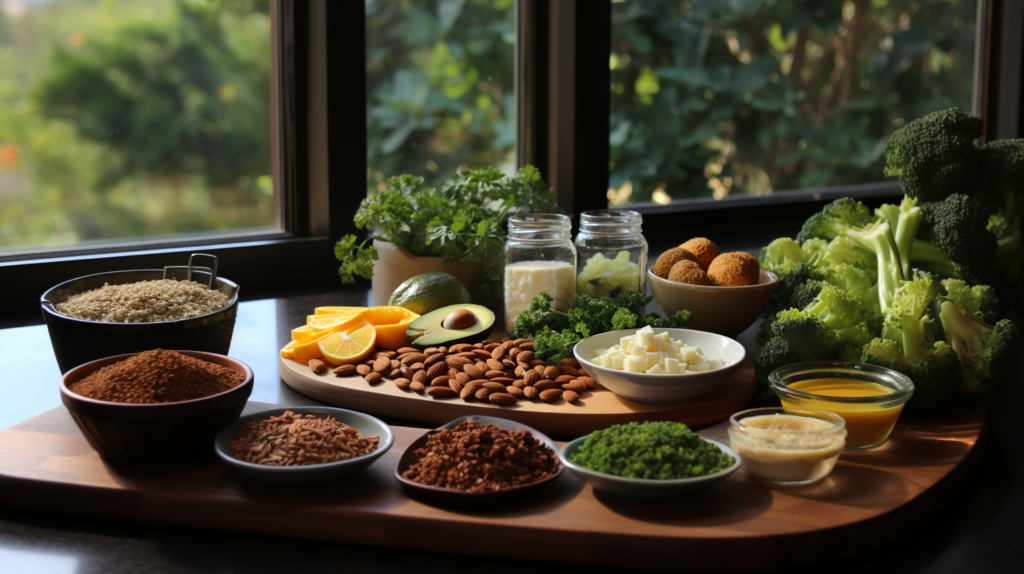
Protein is an important building block for our bodies and plant sources of protein are a gift from nature. They are not only healthy, but also ethical and environmentally friendly.
Not only are plant proteins an excellent alternative to animal proteins, they also have a number of health benefits. They are full of fiber, rich in vitamins and minerals, and can reduce the risk of heart disease.
Incorporating plant-based proteins into your diet is easier than you think. You can add lentils to salads, use quinoa as a side dish, incorporate chia seeds into your breakfast, add tofu to your main meals, and enjoy almonds as a healthy snack.
Vegetable proteins are a powerful and healthy component of a balanced diet. They can not only provide us with the necessary proteins, but also improve our overall well-being. It’s time to recognize the power of plant proteins and incorporate them into our diets!
Address:
Gasteigweg 25,
5400 Hallein
Austria
Opening hours:
Monday to Thursday: 09 – 16:00
Friday: 09 – 12:00
Contact:
Phone: +43 6245 83282
E-mail: info@agrisan.at
Address:
Gasteigweg 25,
5400 Hallein
Austria
Opening hours:
Monday to Thursday: 09 – 16:00
Friday: 09 – 12:00
Contact:
Phone: +43 6245 83282
E-mail: info@agrisan.at

